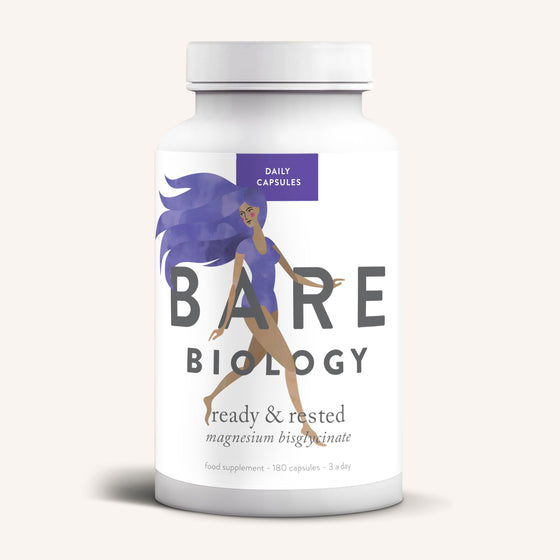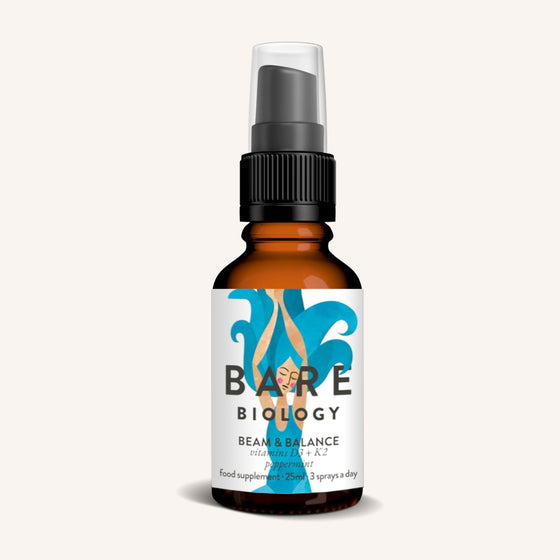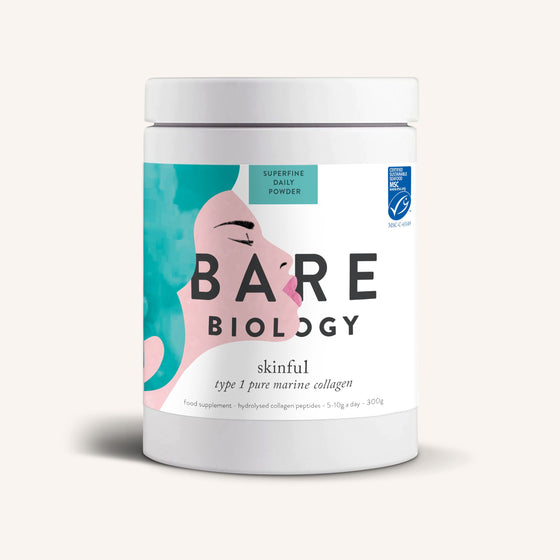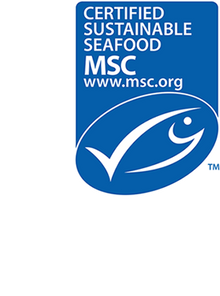Over the past couple of years animal produce has developed a bad reputation. And not without good reason. The meat industry is mega business.
Livestock farming has made meat more readily available than ever. The pressure on farmers to increase profit margins and meet growing demands has led to intensive and compromised breeding methods. Battery cages, abnormally fattening up animals, antibiotic and hormone drug use, GMO grain feeding and the use of nitrogen fertilizers on animal feed are just some of the factors that have led to low quality meat. Then there’s the highly processed burgers, sausages and nuggets advertised in supermarkets and fast food joints. Not to mention the livestock
We’re eating more meat than ever before and our health has suffered. The correlation of increased meat eating to the rise in cardiovascular diseases, obesity and certain cancers like bowel cancer, is uncanny. It’s not surprising that people are ditching meat all together.
Good quality meat is a nutrient powerhouse. It’s rich in so many vitamins, minerals and fats that support our health.
What a shame. The truth is, we are omnivores. It’s my view that eating animal produce is not the source of ill health. Our loss of balance is. Paleontological and archeological research tell us that early
Good quality meat is a nutrient powerhouse. It’s rich in so many vitamins, minerals and fats that support our health. Omega-3, vitamins B1, B2, B3, B6, B12, A and D. Then there’s zinc, iron, magnesium and Coenzyme Q10 to name a few. So it’s not surprising that it helped us develop into the superior species we are today. But the opinion held by researchers is unanimous; there is one significant
Meat versus plant protein
Without a doubt, meat (and other animal products) is our best source of protein. Most of us don’t realize that we can actually make our own protein (a.k.a amino acids). However, there are 8 essential
What you do need to know is that animal products are the only type of food that provide complete sources
What I encourage is a
renaissance of the way our ancestors ate.
So is this a carte blanche to eat fried chicken
Due to the negative hype surrounding processed meat and the deterioration of livestock farming, meat tends to be the first thing people cut from their diet when they want to get healthy or “go on a detox”. I’ll tell you why you don’t want to do that. It’s all to do with protein.
Why you should still eat animal produce on a detox

1. For a happy and resilient mind
How many times have you embarked on an extreme diet, possibly even calorie restricted, only to feel really low and give up after a week? I’ve been there (countless times). It’s miserable, isn’t it? Besides starving, feeling ratty and becoming socially aloof, you turn into an emotional wreck (God help our friends and family). Cue the binge and you’re back to square one. Pointless isn’t it?
Serotonin and dopamine deficiency is a likely cause. Both these brain hormones help us to feel happy and balanced. They’re converted from essential amino acids tryptophan and phenylalanine, respectively; both of which are found abundantly in animal
Serotonin is converted into melatonin, the all important
When we become serotonin deficient due to a lack of tryptophan in the diet (it’s also related to gut health, which I’ll explain a little later), our body panics and seeks to make up the deficit by increasing the amount of insulin. The logic is, the more insulin you have, the more serotonin can be carried to the brain to make up the deficit. And what’s the fastest way to increase insulin? Simple, sugar. Your body will start to crave it and that’s when the binge happens.
Maintaining a consistent yet low level of tryptophan in the diet is the best way to prevent this from happening. Grass fed beef, wild fish, free range turkey and chicken are your best sources. For vegetarian alternatives, seaweed, spinach and bananas are good. However, the amounts they contain don’t come close to even a small portion of meat.
2. For healthy bowels and lower toxic absorption
Approximately 95% of serotonin is produced in the gut. This means a healthy digestive tract is just as important, if not more so, for lowering risks of binge eating and poor mental resilience. There are two really important types of protein that keep our gut lining in optimum condition; collagen and glutamine. We have tiny perforations in our gut wall that allow nutrients to enter into our bodies. However, excessive amounts of sugar, gluten, alcohol and stress are some factors that can make them loose or ‘leaky.’ As a result, our bacterial ecology in the gut becomes disturbed, preventing us from effectively producing serotonin.
But that’s not all. The bigger gaps in the gut lining allow larger toxic molecules to enter the body, over burdening our immune system and more relevantly, our liver. That’s why supporting gut health is critical for effective detoxification. You can significantly reduce your toxic load simply by keeping those gut perforations nice and tight. Collagen and glutamine found in animal
3. For better liver detoxification
Liver detoxification is rather complex. I won’t bore you with the details (although I have to admit, I find it incredibly fascinating). In short, there are 2 phases and 6 pathways that various toxins take.
The entire process relies on the availability of certain
Of course our DNA makes most of these proteins, but eating complete sources of amino acids is really helpful. Eggs, oily fish and organic, grass fed, whey protein are my
Eggs are great too because they contain your essential amino acids and they’re rich in sulfur, which also helps drive detoxification. While oily fish like salmon provide protein along with important detoxing nutrients like omega-3 and the antioxidant Coenzyme Q10. Both have been shown to support the liver and the Coenzyme Q10 mops up free radical damage that occurs during effective detoxing.
Here’s this week’s plan:
- Aim for no more than a quarter of your plate to be a source of protein. Limit eating animal based protein to a maximum of twice a day.
- Aim to eat oily fish 4 times a week. Opt for wild whenever possible. If it’s farmed, try to find organic sources. It might cost a little bit more, but it’s better to eat small amounts of good quality than larger amounts of cheap low quality food.
- Eat red meat once a week. The best source is grass fed and organic. Again, you want to aim to eat organic to avoid consuming meat that is contaminated with hormones and antibiotics.
- Aim to eat an egg a day. Choose free range and organic brands.
- Eat free range organic poultry approximately 4 times a week.
- Support your local butcher,
fish monger and farmers. The quality ofmeat they sell tends to be better thansupermarkets . They’ll also be able to answer any questions you may have about the livestock. - Vegetarians should aim to supplement their protein sources by combining plants to reach a complete essential amino acid profile. Really good protein sources to include are peas, hemp, tofu, eggs, quinoa and lentils.
Protein upgrades for beginners
|
If you: |
Swap |
|
Eat processed, ready-made burgers & sausages |
Homemade burgers and organic sausages |
|
Eat standard chicken, beef, turkey, pork etc. |
Organic, grass fed and free range alternatives. Try eating less to balance costs. |
|
Eat fish fingers, cod, haddock and other meaty fish |
Oily wild or organic fish like salmon, sardines, mackerel, herring and anchovies |
Protein upgrades for the nutrition savvy
|
If you: |
Try: |
|
Eat grass fed, organic meat and poultry |
Organic offal meats twice a week. Liver and kidneys are much more nutrient |






